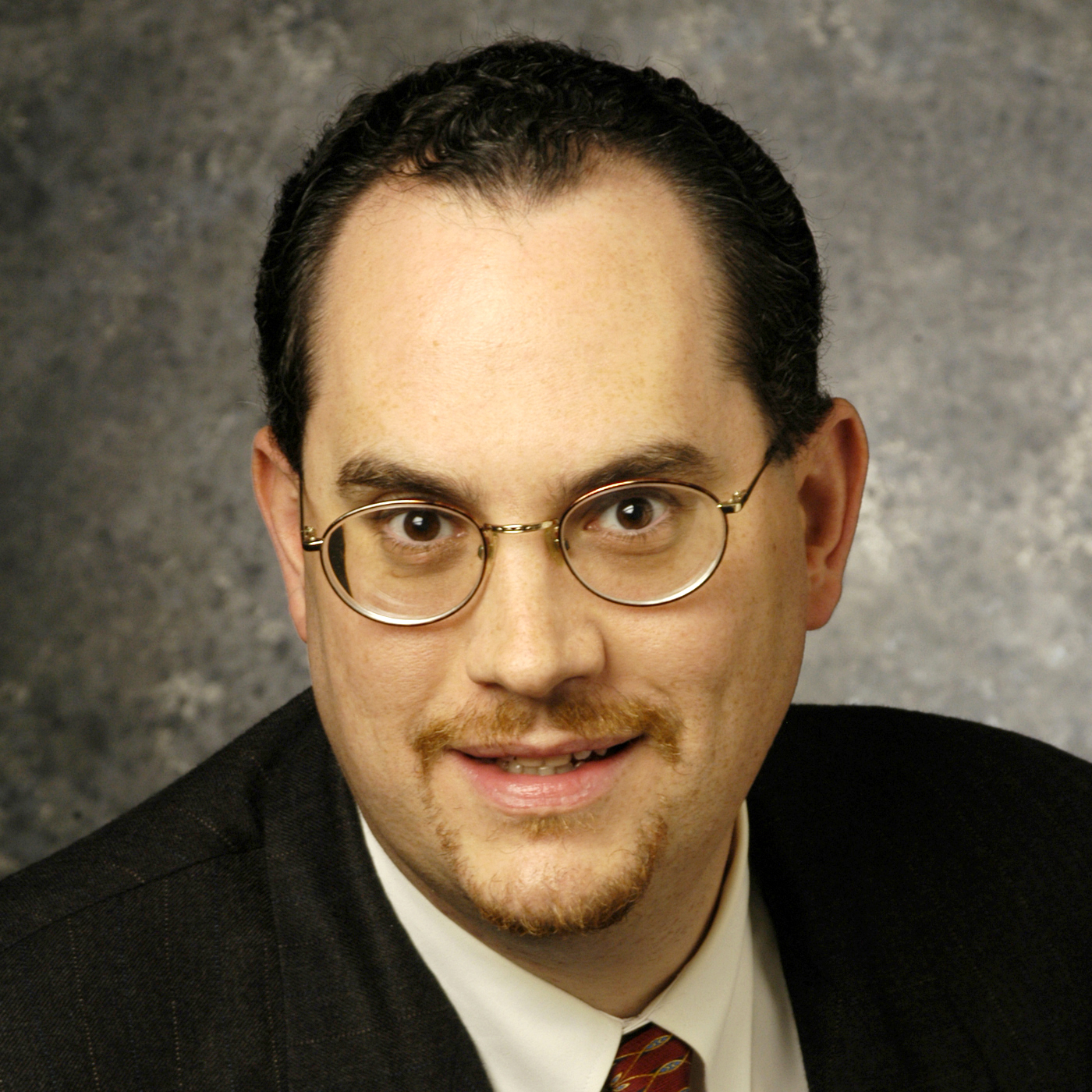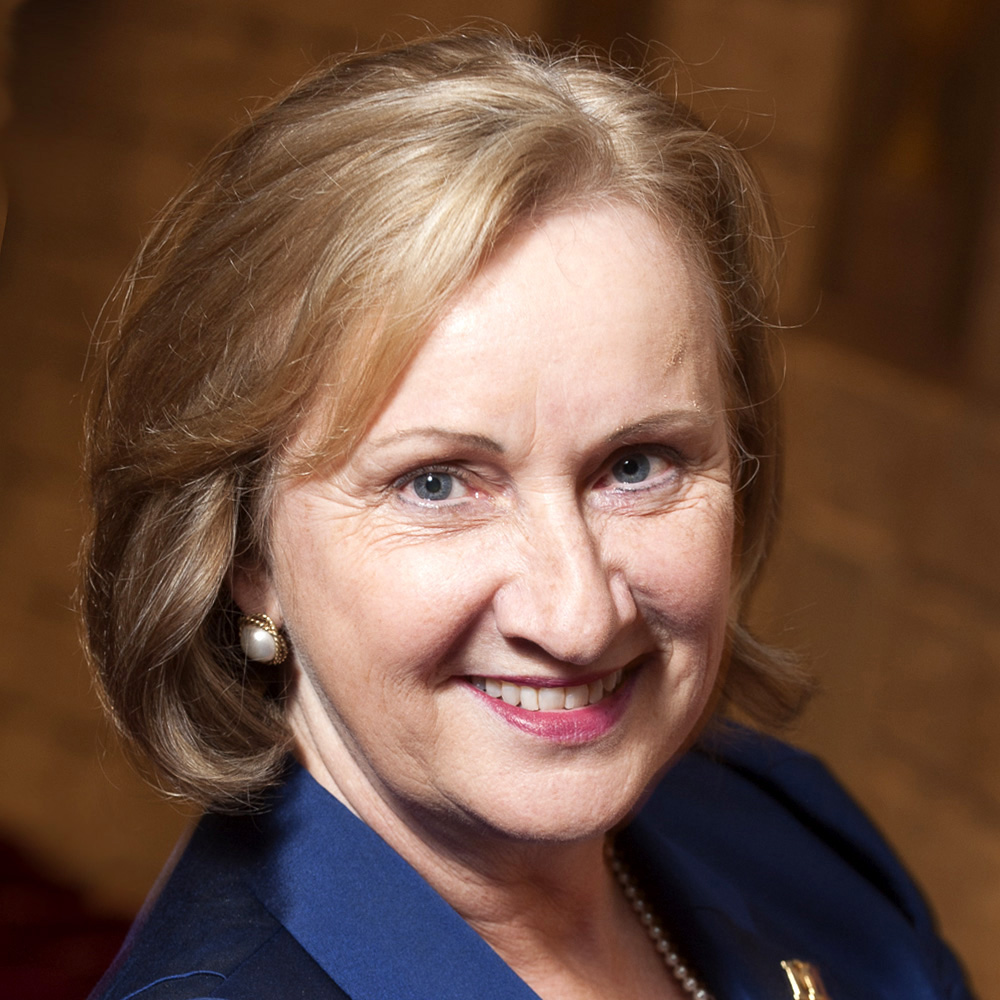Trump’s victory is Clinton’s gain as GOP struggles to escape lost issues & set course for future
SMU experts are available for interview on all things political in connection with Super Tuesday’s Democratic and Republican Party Primaries.
DALLAS (SMU) – SMU experts are available for interview on all things political in connection with Super Tuesday’s Democratic and Republican Party Primaries.
| SUPER TUESDAY’S BIGGEST WINNER WILL BE HILLARY CLINTON | |
|
Looking at the election map, Wilson expects Super Tuesday to yield big wins for Donald Trump and Hillary Clinton. As far as Wilson’s concerned, that’s a double victory for Clinton. “Hillary will have a big night tomorrow against Sanders in the southern states, but the bigger thing for her is what happens on the Republican side,” Wilson says. “She’ll have a big smile with every state that comes in for Donald Trump. The great irony of this race is she loses head-to-head polling against every Republican candidate except the one the Republican Party seems hell bent on nominating. She could back into the presidency, overcoming her general unpopularity and baggage, if the alternative is Trump.” Wilson predicts far different emotions in the Ted Cruz and Marco Rubio camps, where pressure will ratchet up for the field to narrow. “I think Cruz will win Texas and Trump will win everywhere else. In states outside Texas, it will be Rubio (who usually finishes second), not Cruz, and that will perpetuate the confusion about who is the Trump alternative,” Wilson says. “Cruz will say he’s won two states and Rubio hasn’t won anything, but Rubio will say he has broader support and that he finished ahead of Cruz in almost every state. That confusion plays to Trump’s advantage. The longer Trump avoids a one-on-one race, the easier it is for him to secure the nomination.” Wilson is an SMU associate professor of Political Science who can discuss:
|
|
| TRUMP WILL TRIUMPH ON TUESDAY, BUT IS DAMAGED GOODS IN NOVEMBER |
|
|
The past five days haven’t been good for the Trump campaign. Rubio and Cruz attacked the Donald mercilessly during Thursday’s debate and Trump flubbed a softball question this weekend when he failed to speedily disavow the support of,former Ku Klux Klan Grand Wizard David Duke. Trump did disavow Duke during a press conference Friday and on social media Sunday night, but not during a Sunday-morning interview with CNN’s Jake Tapper. Voth says none of that will matter when voters flock to the polls on Super Tuesday, but it will matter big time in November. “Despite all these missteps, it does appear Trump’s national standing in the polls is increasing,” Voth says. “Trump is becoming a social phenomenon that increases with each new wave of criticism and rejection, but Trump is the weakest in a general election against Hillary Clinton and seems to have damaged himself with his uncertain response regarding David Duke.” Voth is SMU’s director of debate and an associate professor of corporate communications and public affairs who can discuss:
|
|
| ARE TRUMP, CRUZ PUSHING REPUBLICAN PARTY TOWARD ILLEGITIMACY? | |
|
Martin says Trump’s success in the Republican primaries reveals two things: “One, it shows voters are fed up with politics as usual; and two, Trump’s success reveals an anger that leads to a willingness to embrace ideas and positions that four or eight years ago would have seemed outrageous,” Martin says. “There’s a willingness to affiliate with ideas recently thought taboo under the guise that we need to make our country what it once was, and political correctness has gotten in the way.” Martin says Republican backlash against political correctness has a potential to push the party so far out of the political mainstream that it loses its legitimacy as a party that can compete in national races. “Are Republicans implying the world was better off when we were less careful with our language? When we used derogatory words to describe women or the n-word to describe African Americans?” Martin asks. “It has never before happened that after an idea is delegitimized, it came back to be acceptable. For Trump to win, it would have to become OK to be racist again, OK to be sexist again and OK to be against gay marriage again.” “You have a party now espousing ideas that have lost in the marketplace of ideas,” Martin adds. “And I think that puts the legitimacy of the party at stake and I don’t know how that plays out.” Martin is an SMU assistant professor of Communication Studies in the Meadows School of the Arts who can discuss:
|
|
| CRUZ, NOT TRUMP, HAS MOST NEGATIVES IN REPUBLICAN FIELD | |
|
From the moment he entered the race, Trump has garnered attention for his off-color remarks on everything from women to Muslims to Mexican immigrants. Yet in a CNN focus group of 12 Republican-leaning Hispanics of all voting ages held at SMU Monday, more voters said Cruz – not Trump – had the most negatives of any Republican candidate in the field. “We’ve done focus groups across the country this year and people have consistently felt Cruz is untruthful,” Kirk says. “When he runs on a platform of ‘TrusTed,’ that can be damaging. There are a lot of people who would like his evangelical background, but they’re untrusting of it. A lot of people today say they would not have voted for him during his senate campaign if he’d articulated the views then that he’s articulating now on issues such as immigration.” Several focus group members said they would not vote for Trump if he were the nominee, or might even switch parties if that were the case, but Kirk says the same sentiment has been shared by supporters of candidates in both parties. “One woman today said ‘I’m a Republican and at the end of the day, I’ll vote for the party,’ but that was not a resounding sentiment among others on the panel,” Kirk says. “We may be seeing a fracturing of the political party system.” Kirk is SMU professor of communication studies and director of the Maguire Center for Ethics & Public Responsibility. She can discuss:
|
|
###
SMU is a nationally ranked private university in Dallas founded 100 years ago. Today, SMU enrolls approximately 11,000 students who benefit from the academic opportunities and international reach of seven degree-granting schools.
21674-nr-3/1/16-kr



